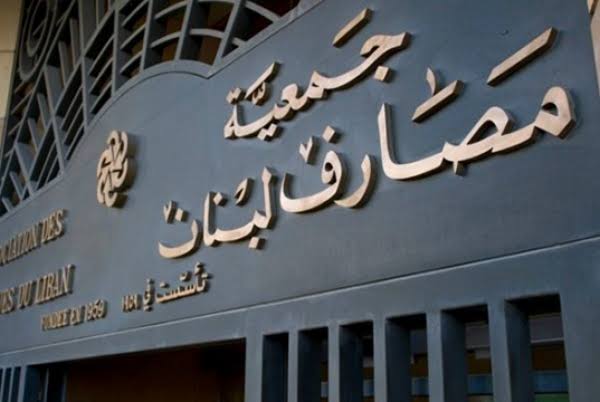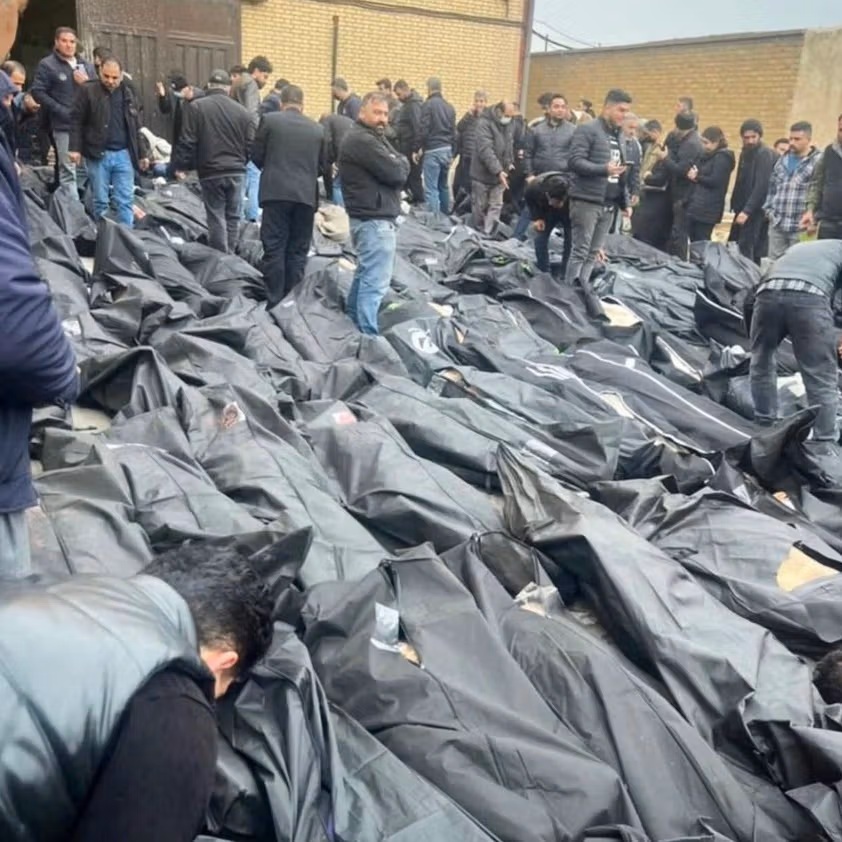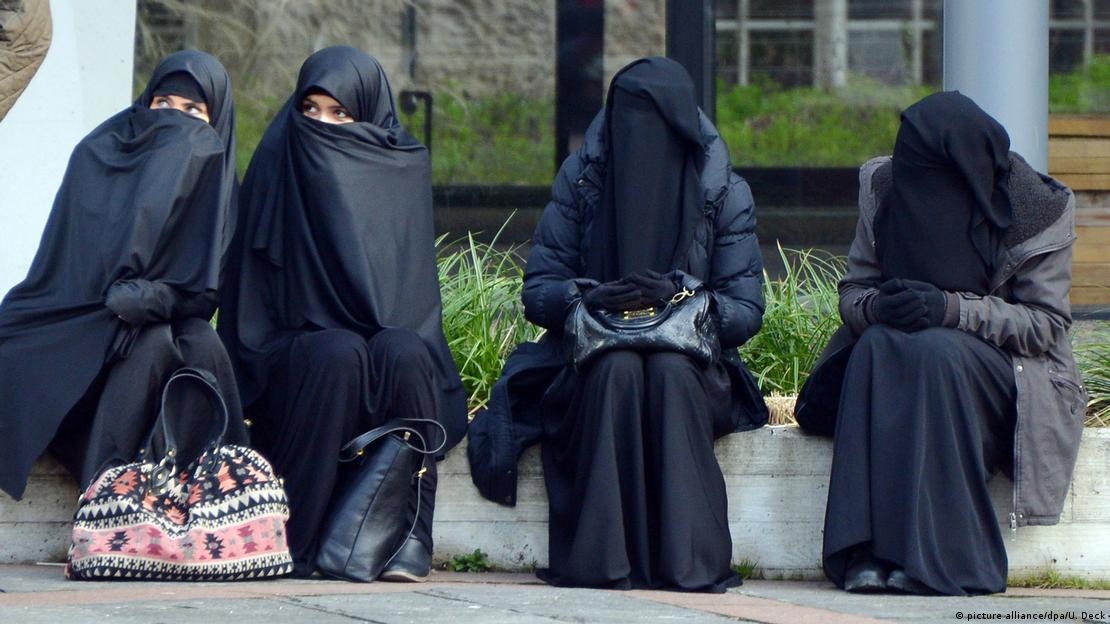
Lebanese banks that cannot increase their capital by 20% by the end of February 2021 will have to get out of the market, Central Bank Governor Riad Salameh told Reuters on Thursday.
Those leaving would do so by giving their shares to the central bank, Salameh added. He said he could not speculate how many of Lebanon’s nearly 40 banks would exit the market.
“We hope all the banks will meet the criteria,” he said in a phone interview. “But after February, those who do not will have to get out of the market...The deposits will be preserved because the bank will not be put into a bankruptcy situation.”
The central bank’s foreign currency reserves stand at $19.5 billion and obligatory reserve at $17.5 billion, he said.
Lebanon’s cash-strapped banks have frozen savers out of their dollar deposits and largely blocked transfers abroad since late last year as the country sank into a financial meltdown on a scale it has never seen.
The central bank wants domestic banks to boost liquidity at their correspondent banks abroad, with which they do not have sufficient funds, Salameh said.
The state, one of the world’s most indebted, defaulted on its foreign currency debt in March, citing critically low reserves. Inflation and poverty have soared as the crisis wiped out the value of the local currency on the informal market.
With the country running out of dollars, the central bank has kept providing foreign currency for fuel, wheat and medicine imports at an official peg.
Salameh told Reuters he could not say how long the central bank could keep subsidising essential imports which is “depleting reserves”.
He has been cited as saying the bank cannot use its obligatory reserve to finance trade once it reaches the threshold.
“We are not about to float the currency and therefore for the time being we are living with these two exchange rates,” he said, adding that this decision also lies with the government.
A devastating explosion at Beirut port this month, which killed at least 180 people and wrecked swathes of the city, on top of a COVID-19 outbreak, has compounded woes.
Talks with the IMF, which Lebanon entered in May, had stalled in the absence of reforms and as a row emerged between the government, the banking sector and politicians over the scale of the country’s vast financial losses.
Salameh said it was in Lebanon’s interest to press ahead with negotiations to try to secure an IMF programme.
When asked whether he would answer calls by critics for his resignation over financial policies, he said: “We will see...It’s easy to put the cause on me or on the central bank but I think it’s a different story.”
The Lebanese presidency will also convene consultations with parliamentary blocs on Monday to designate a new prime minister, the presidency said, after the government quit earlier this month following the catastrophic explosion at Beirut port.
Lebanon’s fractious sectarian parties have so far failed to agree on who should lead the next government. President Michel Aoun is required to designate the candidate with the greatest level of support among MPs.
The post of prime minister must go to a Sunni Muslim in the Lebanese sectarian system. It was not immediately clear who would emerge with the biggest support among MPs.
Saad al-Hariri is so far the only serious name floated for the post to replace Hassan Diab, who continues in a caretaker capacity until a new government is agreed. But Hariri said earlier this week he was not a candidate after several major parties said they did not support his return to the job.
The consultations will take place a day before French President Emmanuel Macron visits Beirut as Paris presses Lebanese leaders to take action to save the country from a destabilising financial crisis.
The Iran-backed Shi’ite Hezbollah and its Shi’ite ally the Amal Movement want Hariri to be prime minister again. But Hezbollah’s main Christian ally, the Free Patriotic Movement founded by Aoun, opposes his candidacy.
Groups at the other end of the spectrum, notably the Christian Lebanese Forces Party and Druze leader Walid Jumblatt, also do not support Hariri’s return to the job.
Source: Reuters




